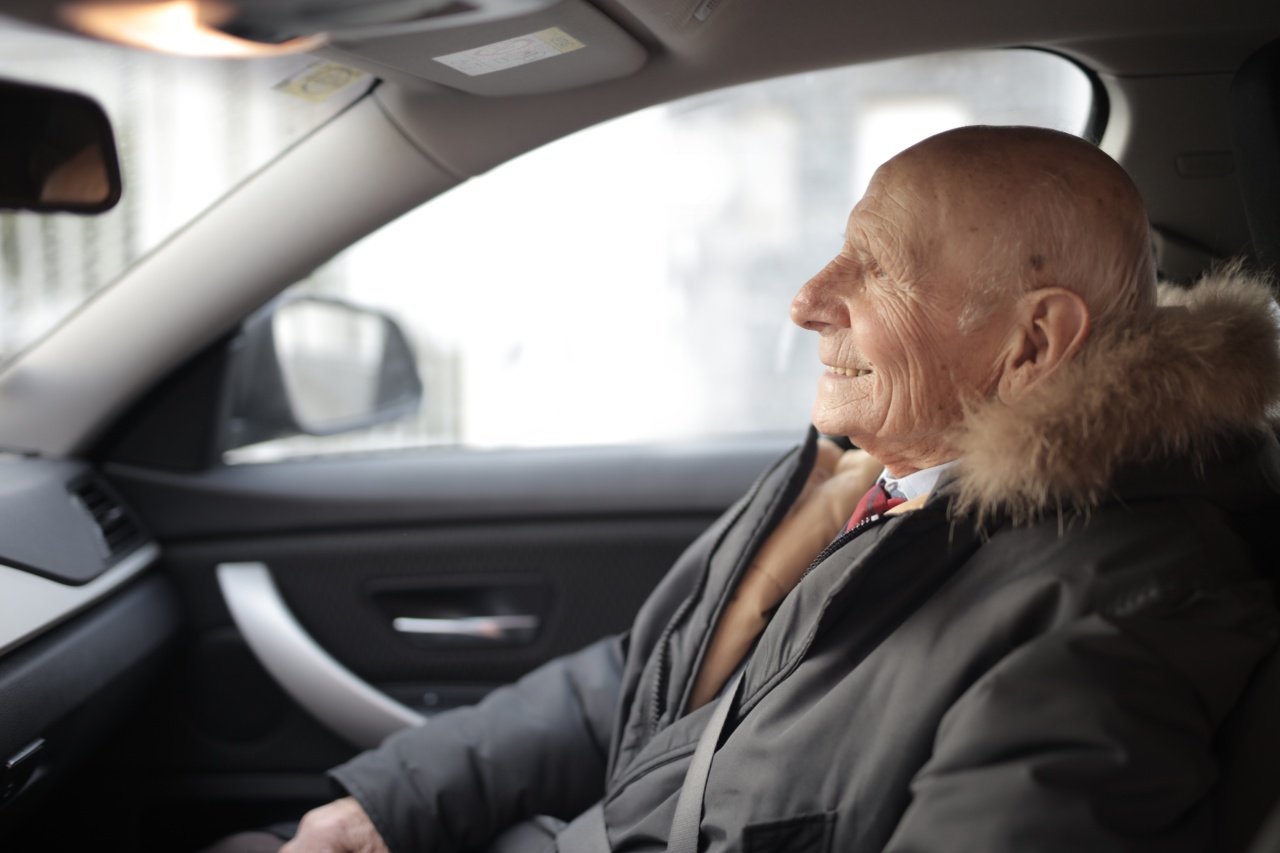Ageing is a natural process that affects everyone. As people grow older, they may experience cognitive and physical changes which might impact their ability to drive safely.
Driving is a complex activity that requires a combination of cognitive, physical, and sensory skills. It is crucial to ensure that elderly drivers are still fit to drive, and their driving abilities do not pose a threat to themselves or other road users.
The Risks of Elderly Drivers
There is no specific age at which a person should stop driving. However, it is well documented that elderly drivers are at an increased risk of causing accidents on the road.
According to the National Highway Traffic Safety Administration (NHTSA), older drivers are more inclined to make incorrect decisions, recognise and respond to hazards more slowly and are more likely to be involved in multi-vehicle accidents.
As people age, their physical capabilities may diminish. Age-related impairments such as vision, hearing, and reaction time may impact their ability to control a vehicle safely.
Elderly drivers are more likely to have health conditions such as arthritis, diabetes, stroke, or other ailments that might affect their driving abilities. They may also take a combination of medications which have a sedative effect, causing drowsiness and impairing driving ability.
The Importance of Regular Driving Assessments
Elderly drivers must undergo regular medical and driving assessments to determine if they are still capable of driving safely.
It is vital to identify aged drivers who are at risk of causing accidents on the road and take appropriate action to ensure the safety of all road users.
The Australian Medical Association recommends that doctors should have regular discussions with their elderly patients about their driving capabilities.
Doctors can refer their patients to driving assessment centres that specialise in assessing elderly drivers. These centres use a combination of cognitive testing, on-road assessments, and medical reviews to determine the ability of elderly drivers to drive safely.
The Role of Family Members
Family members may be the first to notice if an elderly relative is experiencing difficulties driving safely. It is essential to discuss any concerns with elderly relatives and have them undergo a medical and driving assessment.
As people age, they may become more defensive about having their driving abilities questioned, so it is vital to approach the subject with sensitivity and care.
If an elderly relative is experiencing difficulties with driving safely, family members can assist by providing transportation as an alternative to driving.
Community transport services are also available in many cities and are often free or low-cost for elderly and disabled people.
Graduated Licensing for Elderly Drivers
Graduated licensing is a system which allows drivers to maintain their right to drive, but under certain restrictions.
This system is designed to encourage drivers to show that they can drive safely under specific conditions before progressing to more challenging conditions.
In a graduated licensing system for elderly drivers, senior drivers can maintain their licence but with restrictions.
These restrictions could include conditions such as driving during daylight hours only, avoiding high-density traffic areas or roads with higher speed limits.
When Should We Take Away the Car Keys?
Ultimately, the decision to take away the car keys from elderly drivers must be made with the safety of all road users in mind.
There are several warning signs that family members should look for that may indicate that an elderly relative is no longer capable of driving safely. Some of these signs include:.
- Close calls or near accidents
- Difficulty navigating familiar roads
- Getting lost in familiar areas
- Other drivers honking their horns at the elderly driver
- Difficulty reading signs and signals
- Prescription medication that impairs driving
- Trouble moving from the brake to the accelerator pedal
- Signs of dementia or memory loss
If an elderly driver displays any of these warning signs, then it may be time to consider taking away their car keys. However, it is important to obtain medical and driving assessments to confirm that they are no longer capable of driving safely.
Conclusion
Driving is a complex activity that requires a combination of cognitive, physical, and sensory skills. Elderly drivers are at an increased risk of causing accidents on the road.
Regular driving and medical assessments can help identify elderly drivers who are no longer capable of driving safely. It is important to approach the subject with sensitivity and care when discussing driving capabilities with elderly relatives.
Finally, graduated licensing offers a practical solution for senior drivers who may need to modify their driving conditions instead of losing their licence entirely.































